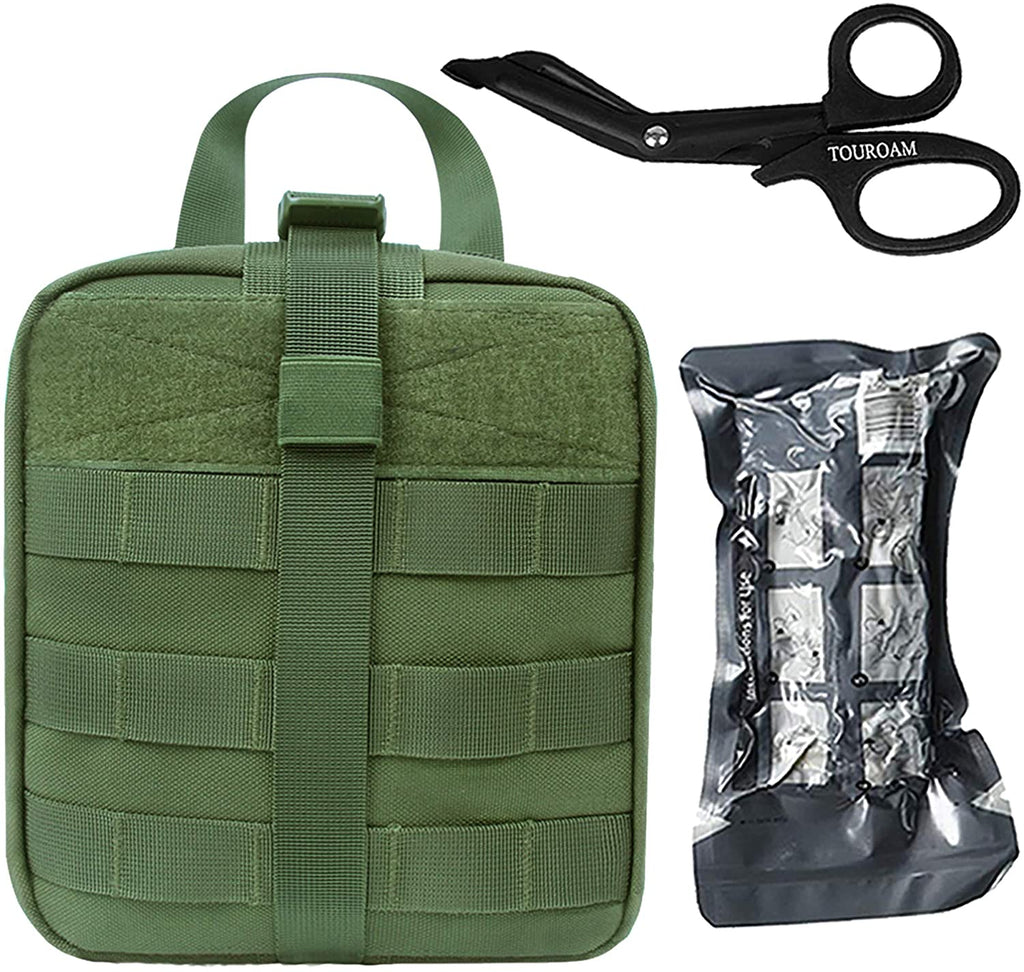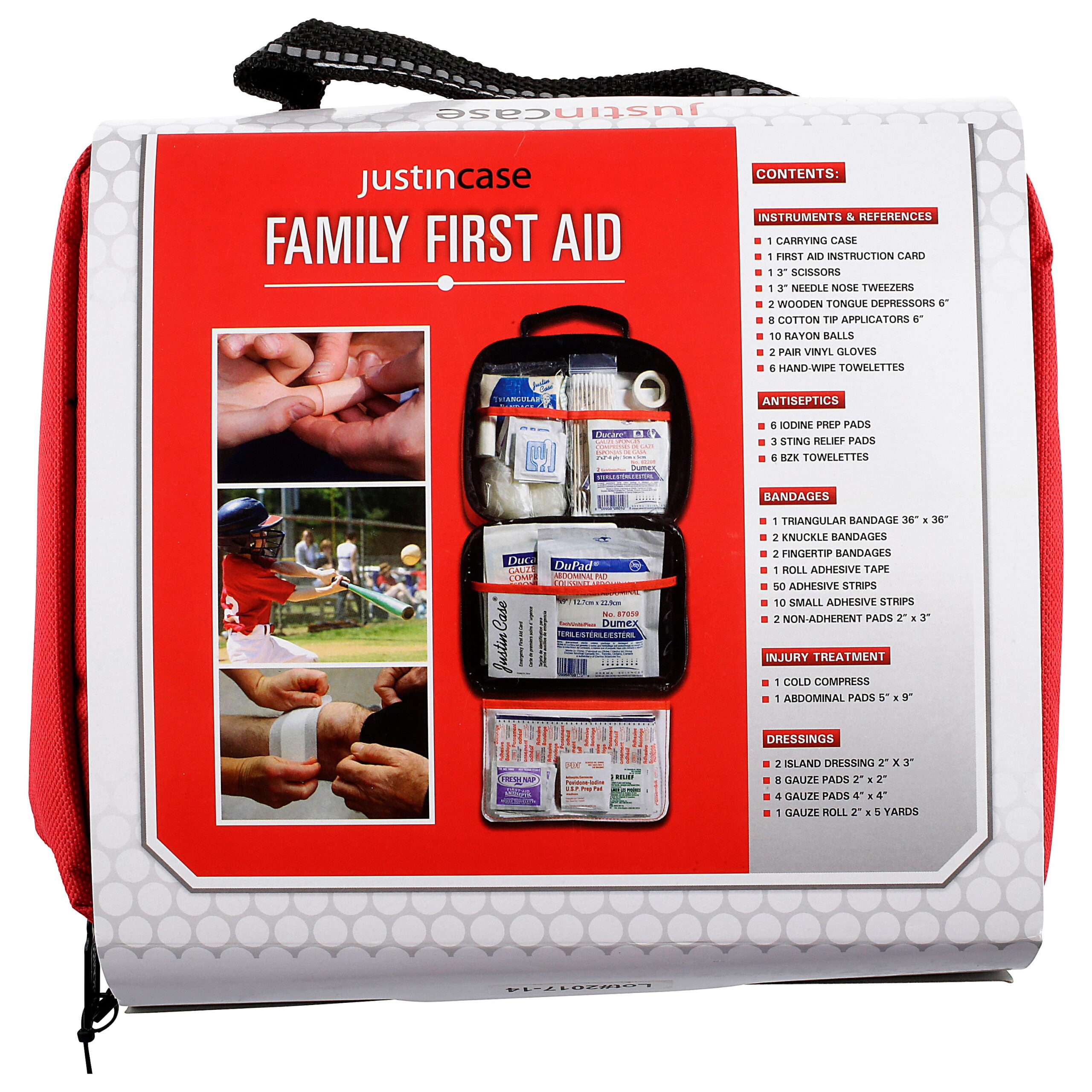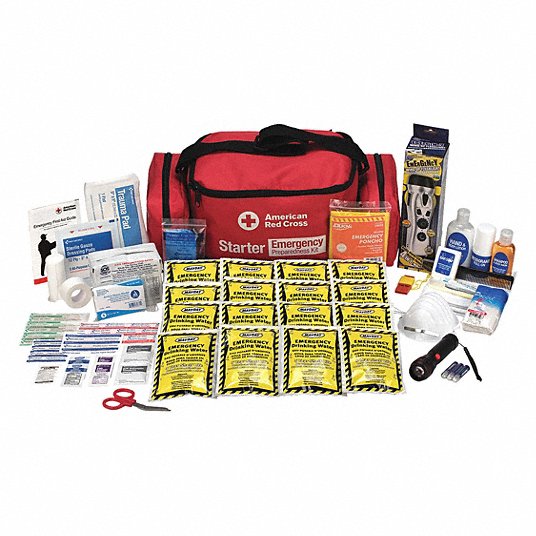The Importance of Effective Disaster Management
Disasters, whether natural or man-made, can strike at any time and place, causing widespread destruction and affecting the lives of countless individuals. In the face of such crises, effective disaster management plays a crucial role in mitigating the impact and ensuring swift recovery.
What is Disaster Management?
Disaster management encompasses a range of activities aimed at preparing for, responding to, and recovering from disasters. It involves planning, coordination, and implementation of strategies to minimize risks, protect lives and property, and facilitate recovery efforts.
The Key Components of Disaster Management
Preparedness: This phase involves developing emergency plans, conducting drills and exercises, and building capacity to respond effectively to disasters.
Response: When a disaster strikes, timely and coordinated response is essential. This includes search and rescue operations, medical assistance, shelter provision, and other immediate relief efforts.
Recovery: The recovery phase focuses on restoring infrastructure, providing support to affected communities, and helping individuals rebuild their lives in the aftermath of a disaster.
The Benefits of Effective Disaster Management
– Lives Saved: Proper planning and preparedness measures can significantly reduce casualties during disasters.
– Property Protection: Timely response and mitigation efforts can help minimize damage to homes, businesses, and critical infrastructure.
– Community Resilience: Well-managed disasters can strengthen community bonds and enhance resilience for future crises.
– Economic Stability: Effective disaster management can help reduce economic losses by facilitating quick recovery and rebuilding processes.
The Role of Individuals in Disaster Management
While governments and organizations play a critical role in disaster management, individuals also have a responsibility to prepare themselves for emergencies. This includes creating emergency kits, knowing evacuation routes, staying informed about potential risks, and being ready to assist others in need during a crisis.
In Conclusion
Disasters are inevitable occurrences that require proactive planning and coordinated responses. By investing in effective disaster management strategies at all levels – from individual households to national governments – we can better protect lives, safeguard communities, and build resilience in the face of adversity.
7 Essential Tips for Effective Disaster Management at Home
- Create a family emergency plan with contact information and meeting points.
- Prepare an emergency kit with essentials like water, food, first aid supplies, and medications.
- Stay informed about potential disasters in your area through local news and alerts.
- Know evacuation routes and have a plan for sheltering in place if necessary.
- Practice drills for different disaster scenarios with your family or household members.
- Secure important documents and valuables in a waterproof container or safe deposit box.
- Help neighbors who may need assistance during a disaster, especially elderly or disabled individuals.
Create a family emergency plan with contact information and meeting points.
Creating a family emergency plan with contact information and designated meeting points is a crucial step in disaster management. In times of crisis, having a well-thought-out plan can help ensure that family members know how to communicate, where to reunite, and how to stay safe. By establishing clear contact details and meeting locations, families can minimize confusion and expedite the process of checking on each other’s well-being during emergencies. This simple yet effective preparedness measure can make a significant difference in ensuring the safety and security of loved ones when disaster strikes.
Prepare an emergency kit with essentials like water, food, first aid supplies, and medications.
Preparing an emergency kit with essentials such as water, non-perishable food items, first aid supplies, and necessary medications is a crucial step in disaster management. Having these items readily available can make a significant difference during emergencies when access to basic necessities may be limited. By ensuring that your emergency kit is well-stocked and easily accessible, you can enhance your preparedness and ability to respond effectively in times of crisis.
Stay informed about potential disasters in your area through local news and alerts.
It is crucial to stay informed about potential disasters in your area by regularly monitoring local news updates and alerts. Being aware of potential risks and staying informed about emergency situations can help you make timely decisions and take necessary precautions to protect yourself, your loved ones, and your property. By staying informed, you can effectively prepare for disasters and respond swiftly when faced with emergencies, ultimately enhancing your safety and resilience in the face of unforeseen events.
Know evacuation routes and have a plan for sheltering in place if necessary.
It is crucial to be prepared for emergencies by knowing evacuation routes and having a plan for sheltering in place if necessary. Understanding the best ways to evacuate safely and efficiently can save lives during disasters such as floods, wildfires, or hurricanes. Additionally, having a well-thought-out sheltering plan in place ensures that you can stay safe and protected if evacuation is not possible or recommended. Being proactive and informed about evacuation routes and sheltering options is key to effective disaster management and ensuring the safety of yourself and your loved ones in times of crisis.
Practice drills for different disaster scenarios with your family or household members.
To enhance preparedness and coordination in the event of a disaster, it is essential to practice drills for various disaster scenarios with your family or household members. By simulating different emergency situations and responses, everyone can become familiar with evacuation procedures, communication protocols, and safety measures. Conducting regular drills not only improves readiness but also fosters teamwork and ensures that each member knows their role in ensuring the safety and well-being of the entire household during times of crisis.
Secure important documents and valuables in a waterproof container or safe deposit box.
To enhance your disaster preparedness, it is crucial to secure important documents and valuables in a waterproof container or safe deposit box. By taking this proactive step, you can safeguard vital records such as identification documents, insurance policies, and financial papers from potential damage during a disaster. Ensuring that these items are protected will not only streamline recovery efforts but also provide peace of mind knowing that your essential information is secure in the event of an emergency.
Help neighbors who may need assistance during a disaster, especially elderly or disabled individuals.
During a disaster, it is crucial to lend a helping hand to neighbors who may require assistance, particularly elderly or disabled individuals. Checking on their well-being, offering support in evacuating if necessary, and ensuring they have access to essential resources can make a significant difference in their safety and recovery. By fostering a sense of community and looking out for one another during challenging times, we can strengthen our resilience and collective ability to overcome disasters together.




